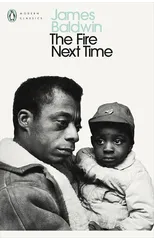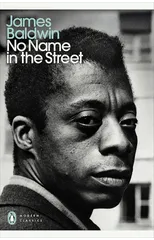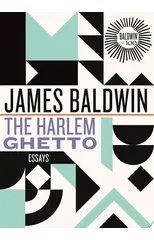First published in 1963, James Baldwin's A Fire Next Time stabbed at the heart of America's so-called ldquo;Negro problemrdquo;. As remarkable for its masterful prose as it is for its uncompromising account of black experience in the United States, it is considered to this day one of the most articulate and influential expressions of 1960s race relations. The book consists of two essays, ldquo;My Dungeon Shook mdash; Letter to my Nephew on the One Hundredth Anniversary of Emancipation,rdquo; and ldquo;Down At The Cross mdash; Letter from a Region of My Mind.rdquo; It weaves thematic threads of love, faith, and family into a candid assault on the hypocrisy of the so-say ldquo;land of the freerdquo;, insisting on the inequality implicit to American society. ldquo;You were born where you were born and faced the future that you facedrdquo;, Baldwin writes to his nephew, ldquo;because you were black and for no other reason.rdquo; His profound sense of injustice is matched by a robust belief in ldquo;monumental dignityrdquo;, in patience, empathy, and the possibility of transforming America into ldquo;what America must become.rdquo;
James Baldwin
James Baldwin was an American novelist, essayist, and playwright known for his exploration of race, sexuality, and identity in America. His most notable works include "Go Tell It on the Mountain," "The Fire Next Time," and "If Beale Street Could Talk." Baldwin's writing style was characterized by his powerful and eloquent prose, which delved deeply into the complexities of the human experience. He was a prominent voice in the civil rights movement and his works continue to be celebrated for their insight and impact on American literature. His most famous work, "The Fire Next Time," is a seminal text on race in America and remains a classic of 20th-century literature. Baldwin's contributions to literature have had a lasting influence on the genre of African American literature and continue to be studied and revered by readers and scholars alike.






